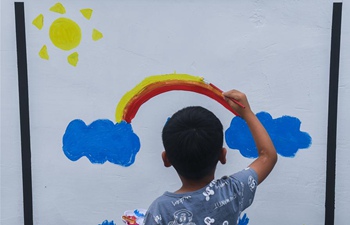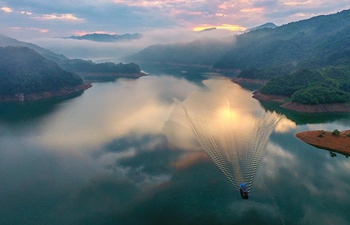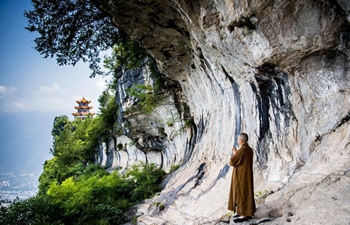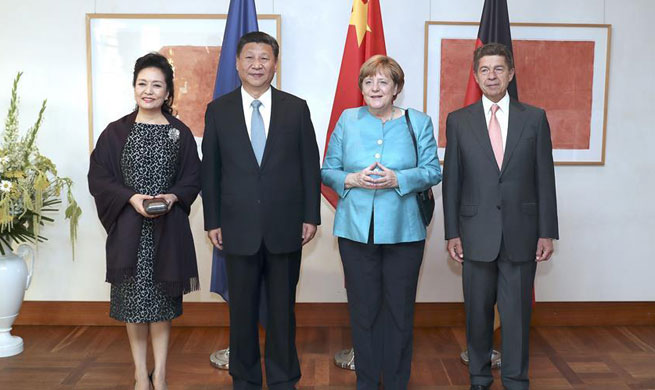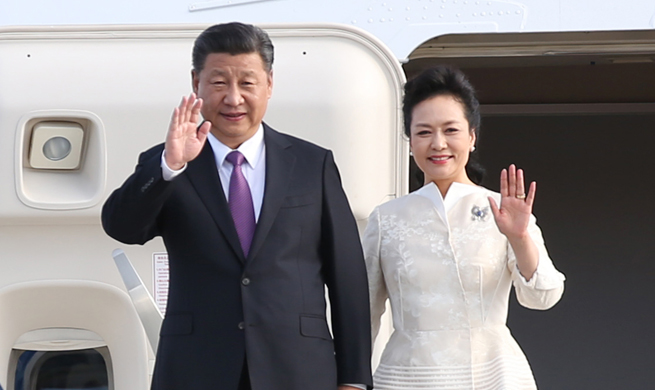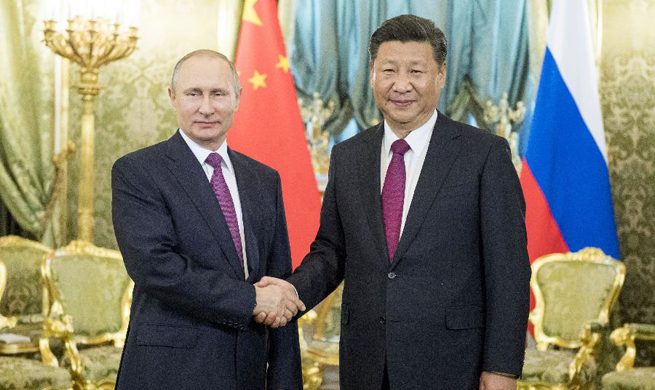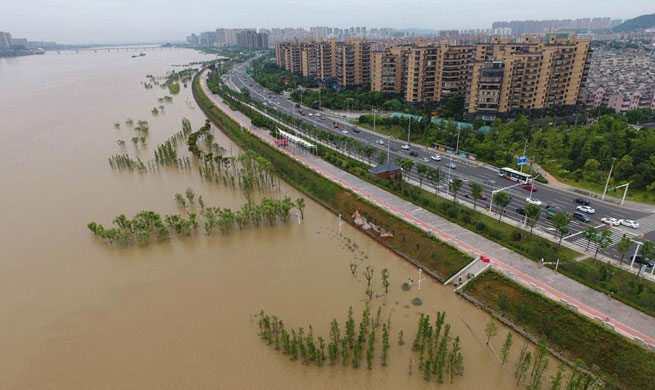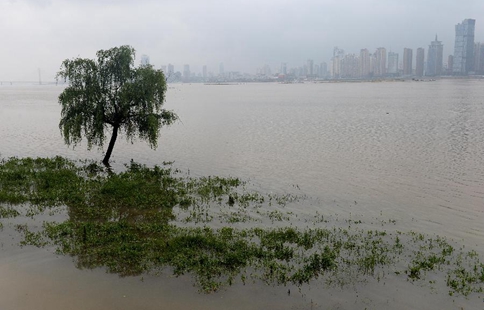by Alessandra Cardone
ROME, July 5 (Xinhua) -- Italy on Wednesday welcomed the decision of neighbor Austria not to deploy armoured vehicles at the border against the possible crossing of migrants and refugees.
Briefing the lower house ahead of an informal meeting of European Union (EU) justice and home affairs ministers in Estonia on July 6-7, Interior Minister Marco Minniti declared the Italian government had been right to oppose the initiative suggested by Vienna some 24 hours earlier.
"We explained that there was no emergency (at the Brenner), that the cooperation of our police forces is excellent, and Italy and Austria also share an excellent friendship," the minister told lawmakers in a broadcasted address.
"Today, the Austrian chancellor acknowledged all this... and I take due note of this decision," he added.
On Tuesday, the Austrian government announced it was ready to militarize the Brenner Pass -- the Alpine border the country shares with Italy -- with armoured vehicles and up to 750 troops amid growing tensions over the surge of migrants and refugees arriving through the Mediterranean.
In response, the Italian Foreign Ministry summoned Austria's Ambassador to Italy Rene Pollitzer.
Then, Italian Prime Minister Paolo Gentiloni and Austrian Chancellor Christian Kern held a phone conversation on the topic on Wednesday morning, according to Ansa news agency.
Speaking to lawmakers, Minniti also said Italian authorities would meet with some Libyan mayors in Tripoli in the next weeks in order to "discuss the best ways to get rid of human traffickers."
Since after falling into civil war -- following the toppling of former leader Muammar Gaddafi in 2011 -- Libya has become the main departure point for migrants and refugees headed to Europe.
Meanwhile -- as the nearest European landfall -- Italy turned into the easiest gateway to enter the continent, and increasingly so after the closure of the so-called Balkan route in early 2016.
"We have to create an alternative route," Minniti stressed on Wednesday. "Unfortunately, human trafficking is today one of Libya's main channels of revenues, and if we want to stop it, we must offer an alternative economic circuit."
"Stabilizing Libya is crucial to curb the activities of Libyan traffickers," he also said.
Some 98,185 people have arrived in Europe by sea from Jan. 1 to July 3, according to the United Nations refugee agency UNHCR. Over 85,000 of them landed in Italy, which marked an 18.44 percent increase compared to the same period in 2016, data from the Interior Ministry showed.
Last year, Italy received 181,436 migrants and refugees out of a total 362,753 who reached Europe through the Mediterranean.
Up to July 5, the UNHCR also estimated some 2,306 people died or went missing during the perilous sea crossing.
On June 28, Italy threatened to block access to foreign vessels bringing rescued migrants to its ports, unless EU partners would take their share of the relentless inflow.






